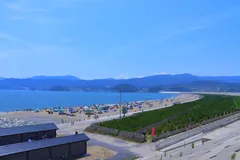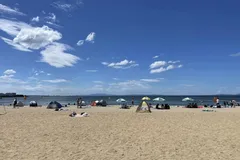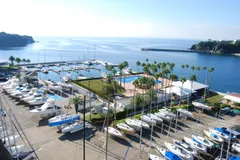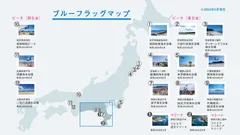14 Beaches and Marinas in Japan Blue Flag" international environmental certification
一般社団法人日本ブルーフラッグ協会
The Japan Blue Flag Association (JBEA) is pleased to announce that 14 sites in Japan (12 beaches and 2 marinas) received Blue Flag certification on May 1, according to the results of the 2024 Blue Flag certification audit announced by FEE (Foundation for International Environmental Education). (Rikuzentakata City, Iwate Prefecture), Niiro-no-hama Beach (Kaizuka City, Osaka Prefecture), and Riviera Seavonia Marina (Miura City, Kanagawa Prefecture) were the first to receive certification this year.
Blue Flag is the world's oldest international environmental certification system for beaches, marinas, and tourist vessels. The Japan Blue Flag Association (President: Kiyohiro Katayama), an organization specializing in supporting the acquisition of Blue Flag certification, provided support for new beach certification in fiscal 2024.
The 14 domestic beaches and marinas certified this time applied to the international NGO FEE (Foundation for International Environmental Education (Denmark)) in November 2023, and were reviewed by the domestic review committee in January 2024 (operated by JARTA (Kyoto Prefecture)) and the international review committee in April, and on May 1, 2024, All 14 sites that applied for certification were notified of the certification results on May 1, 2024.
Newly acquired Blue Flag certification (3 sites)
(1)Takada Matsubara Beach (Rikuzentakata City, Iwate Prefecture): Acquired in 2024 (first in Iwate Prefecture)
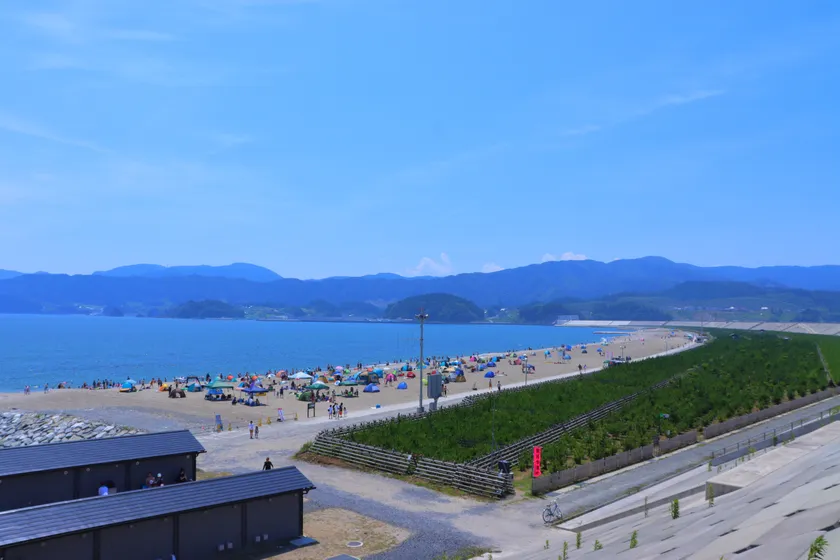
Takada Matsubara Beach (courtesy of Rikuzentakata City)
(2)Niiro-no-hama Beach (Kaizuka City, Osaka Prefecture): Acquired in 2024 (first acquisition in Osaka Prefecture)
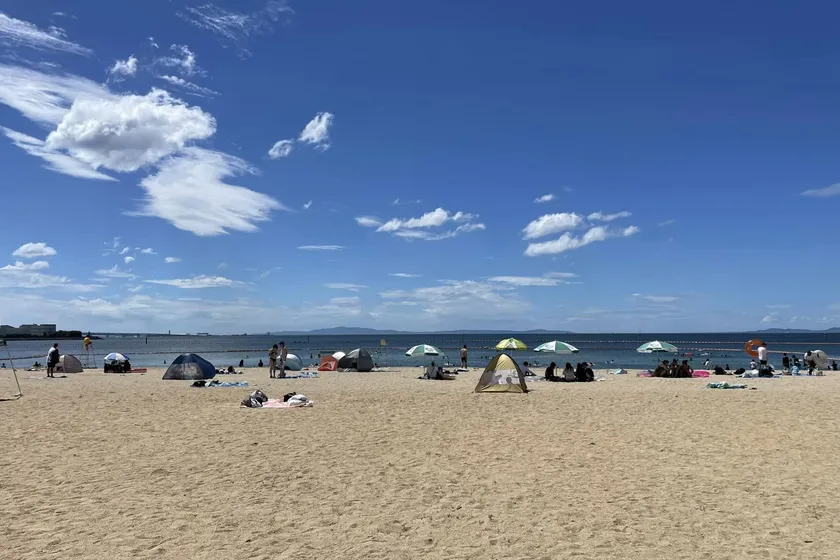
Futashiki no Hama Beach (Photo by Japan Blue Flag Association)
(3)Riviera Seavonia Marina (Miura City, Kanagawa Prefecture): Acquired in 2024 (second in Asia for a marina)
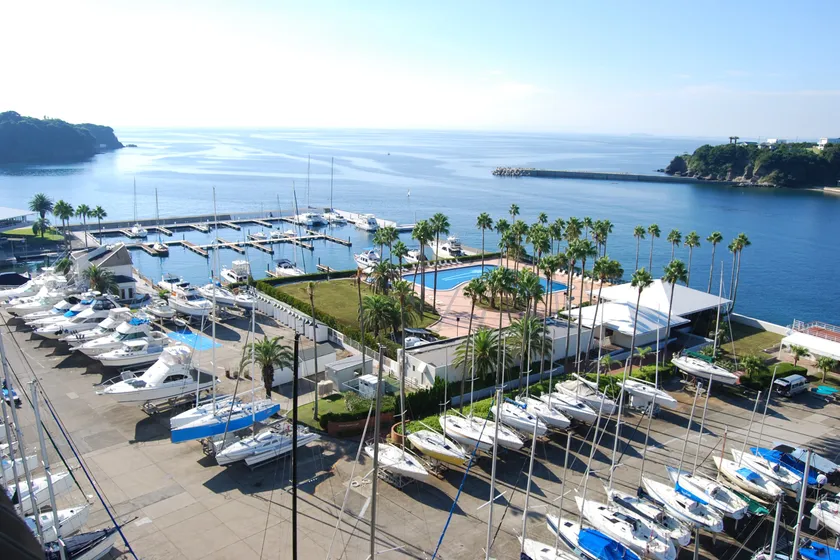
Riviera Seavonia Marina (Courtesy of Riviera Group)
Continued renewal of Blue Flag certification (11 locations)
(1)Yuhigahama Beach (Kamakura City, Kanagawa Prefecture): Obtained for nine consecutive years since 2016 (first in Asia)
(2)Wakasa Wada Beach (Takahama, Fukui Prefecture): Acquired for nine consecutive years since 2016 (First in Asia)
(3)Suma Beach (Kobe City, Hyogo Prefecture): Acquired for six consecutive years starting in 2019
(4)Honsuka Beach (Yamatake City, Chiba Prefecture): Obtained for six consecutive years starting in 2019
(5)Katase Nishihama/Kugenuma Beach (Fujisawa City, Kanagawa Prefecture): Acquired for four consecutive years from 2021
(6)Zushi Beach (Zushi City, Kanagawa Prefecture): Acquired for three consecutive years starting in 2022
(7) Riviera Zushi Marina (Zushi City, Kanagawa Prefecture): Acquired for three consecutive years starting in 2022 (first marina in Asia to acquire this status)
(8)Okitsu Beach (Katsuura City, Chiba Prefecture): Acquired for two consecutive years starting in 2023
(9)Oda-nohama Beach (Kesennuma City, Miyagi Prefecture): Obtained for two consecutive years from 2023
(10)San Ole Sodama Beach (Minamisanriku, Miyagi Prefecture): Acquired for two consecutive years starting in 2023
(11)Shobuta Beach (Shichigahama, Miyagi Prefecture): Acquired for two consecutive years starting in 2023
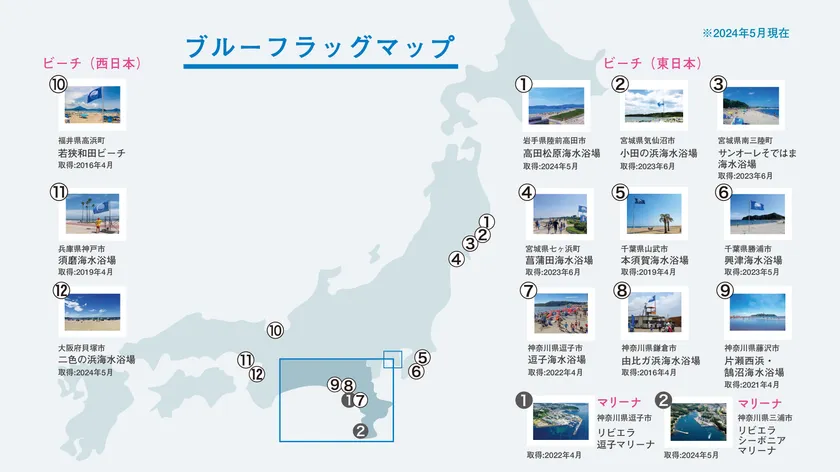
Blue Flag Map
What is the Blue Flag International Environmental Certification?
The Blue Flag is the world's oldest international environmental certification system for beaches, marinas, and tourist vessels, implemented by the international NGO FEE (Foundation for International Environmental Education). Blue Flag certification is awarded to those who achieve the certification criteria and aims for sustainable development of beaches, marinas, etc. through annual audits.
Blue Flag was established in France in 1985, and as of May 2023, 5,036 locations in 51 countries have acquired Blue Flag certification. Blue Flag beaches are especially well known in Europe, where many people come to vacation as "clean, safe, and friendly beaches that anyone can enjoy. In order to obtain the Blue Flag, the local government and the management and operators of beaches, marinas, and tourist boats must take the lead in achieving strict standards. Despite the many standards set, the number of people flying the Blue Flag is increasing around the world. This is a result of the involvement of surrounding community stakeholders in the process of obtaining the Blue Flag, which is highly regarded as leading to sustainable development that balances the economic and environmental aspects of the community.
The Blue Flag certification program is related to all 17 goals of the SDGs, and FEE is promoting it in countries around the world in collaboration with UNEP (United Nations Environment Programme), UNWTO (United Nations World Tourism Organization), and others. FEE has 33 certification criteria in 4 areas (water quality, environmental management, environmental education and information, safety and services) for beaches, 37 criteria in 6 areas for marinas, and 51 criteria in 5 areas for tourist vessels, which must be audited and renewed annually. Beaches, marinas, and tourist vessels that meet the standards are eligible to fly the flag, a sign of international standards. For detailed certification criteria, please visit the Japan Blue Flag Society website.
About the Blue Flag Society of Japan
The Blue Flag Society of Japan is the only organization in Japan that specializes in supporting the acquisition of the Blue Flag international environmental certification for beaches, marinas, and tourist vessels. In cooperation with JARTA, the Blue Flag national governing body in Japan, the Association contributes to the realization of the SDGs from the seaside by supporting and promoting the acquisition of the Blue Flag, while protecting the richness of Japan's seas and contributing to the development of a sustainable society.
Website: https://blueflag-japan.org/
For inquiries, please contact
Japan Blue Flag Society
Location: 3-9-29 Kugenuma-sakuragaoka, Fujisawa-shi, Kanagawa 251-0027
Representative Director: Kiyohiro Katayama
Telephone number: 090-9017-2459
E-mail address : info@blueflag-japan.org
Home Page : https://blueflag-japan.org/
- Category:
- Corporate Trends
